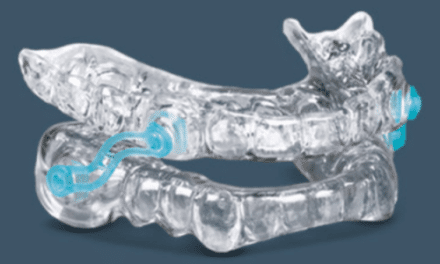Studies have often reported that sleep problems increase during the transition into menopause, reinforcing the idea that hot flashes are to blame. But even under controlled conditions in sleep laboratories, the connection between hot flashes and sleep disruption remains unclear, reports the February 2008 issue of Harvard Women’s Health Watch.
A new study concludes that some of the sleep problems that women typically attribute to hot flashes may instead be caused by primary sleep disorders such as sleep apnea. The findings suggest that women may not be receiving appropriate treatment for their sleep difficulties. To determine the cause of poor sleep during the menopausal transition, researchers assessed the sleep of 102 women who reported having trouble sleeping. The researchers found that 53% had a primary sleep disorder. Among the entire group, 56% had measurable hot flashes.



